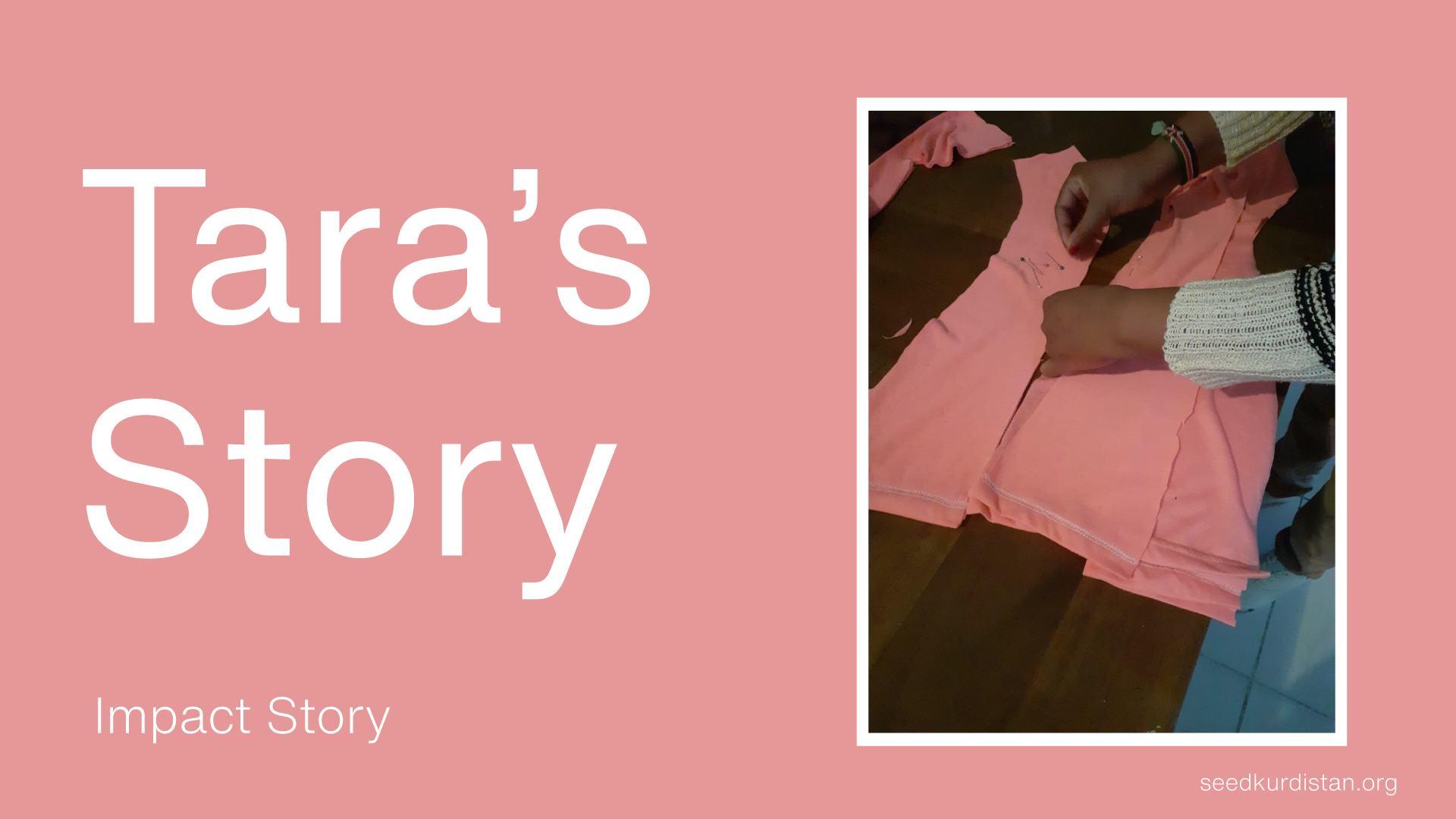
Access to Client-Centered Services Critical to Supporting Survivors of Trafficking
Tara*, 52, came to the Kurdistan Region of Iraq (KRI) from South Asia in 2018, having been recruited for a well-paid domestic worker position. Upon arrival, her employment agency failed to obtain her residency (iqama), instead moving her to several locations in the KRI and Baghdad. While outside the KRI, the employment agency was blacklisted for smuggling migrant workers and closed. Desperately, she went to the agency’s office seeking support, but they were closed, which left Tara stranded in Erbil without her belongings and passport. While attempting to force her way through the agency’s locked office door, neighbors called the police. Without the employment agency sponsoring and helping Tara to obtain her iqama, she was detained for being in the KRI without legal documentation and placed in a women’s detention center.
The Anti-Trafficking in Persons (TIP) Police referred Tara to SEED in January 2020 for safe shelter. Tara arrived at the STEPS Center, a shelter for survivors of human trafficking, with no passport or personal belongings. She was experiencing severe dissociation (a form of response to trauma where one disconnects from thoughts, feelings, memories and surroundings and might lose perception of time and sense of identity), and was even unable to identify herself or share her story. Due to the prolonged trauma, Tara needed extensive physical and mental health support. SEED developed a survivor-centered care plan to support Tara’s physical, mental, emotional, and psychosocial well-being. It took several weeks to identify her, which was aided by other shelter residents, who recognized her from the agency.
While the SEED psychologist and case managers supported Tara’s physical and mental health, a SEED lawyer worked with Tara to acquire the required legal documents to be able to return home. Since Tara did not have her passport, the lawyer made contact with her country’s consulate to obtain a temporary travel document for Tara. In addition, due to Tara’s trauma, which had affected her mental health, it was determined that an escort would need to travel with Tara to ensure her safety throughout her journey home. Unfortunately, Tara’s scheduled repatriation was postponed due to the COVID-19 outbreak in 2020. With travel restrictions in place, SEED was unable to find a flight for Tara and a safe escort to accompany her. As a result, her temporary travel document expired as she waited for the lockdown and travel restrictions to be lifted.
Due to these complications due to the pandemic, Tara was forced to remain at the STEPS Center for over 12 months before plans for her return home began to become reality. While the pressures of waiting provided much frustration at times, the SEED staff worked with Tara to turn unexpected challenges into positive growth. Her time at the STEPS Center allowed her to focus on her physical, mental, and emotional well-being. Center staff engaged with Tara daily to help her rediscover her strengths and tasks that she enjoys doing daily. Tara’s case manager used Google Translate to communicate and listen to her, overcoming their language barriers. Tara needed to speak, trust, and feel heard. With time, STEPS Center staff learned that Tara enjoyed dancing, singing, and cooking. She eventually volunteered to make coffee for everyone, cook, and perform small errands, giving her a sense of belonging, normalcy, and control over her life while at the STEPS Center.
One of the biggest negative impacts of human trafficking is that victims and survivors are deprived from any form of control over their lives. The STEPS Center staff helped Tara to regain her sense of control and explore her resilience, which was incredibly empowering for her even considering her fragile mental health.
In a welcome turn of events, Tara eventually retrieved her passport with support of the TIP Police, and, by the start of 2021, an escort was identified to accompany her home. As Tara prepared to leave Kurdistan, she cried often at the thought of leaving the Center, and, while excited to return home, she wept on the day of her departure at having to say goodbye to the SEED staff and friends she had made at the Center. Tara’s family was at the airport to welcome her back when she arrived home. She misses the STEPS Center and its staff, and occasionally calls them, but is happy to be back with her family.
*Names and minor details have been changed to protect the client’s confidentiality.
SEED’s anti-trafficking work is funded by the United States Department of State and the Government of the Netherlands.
